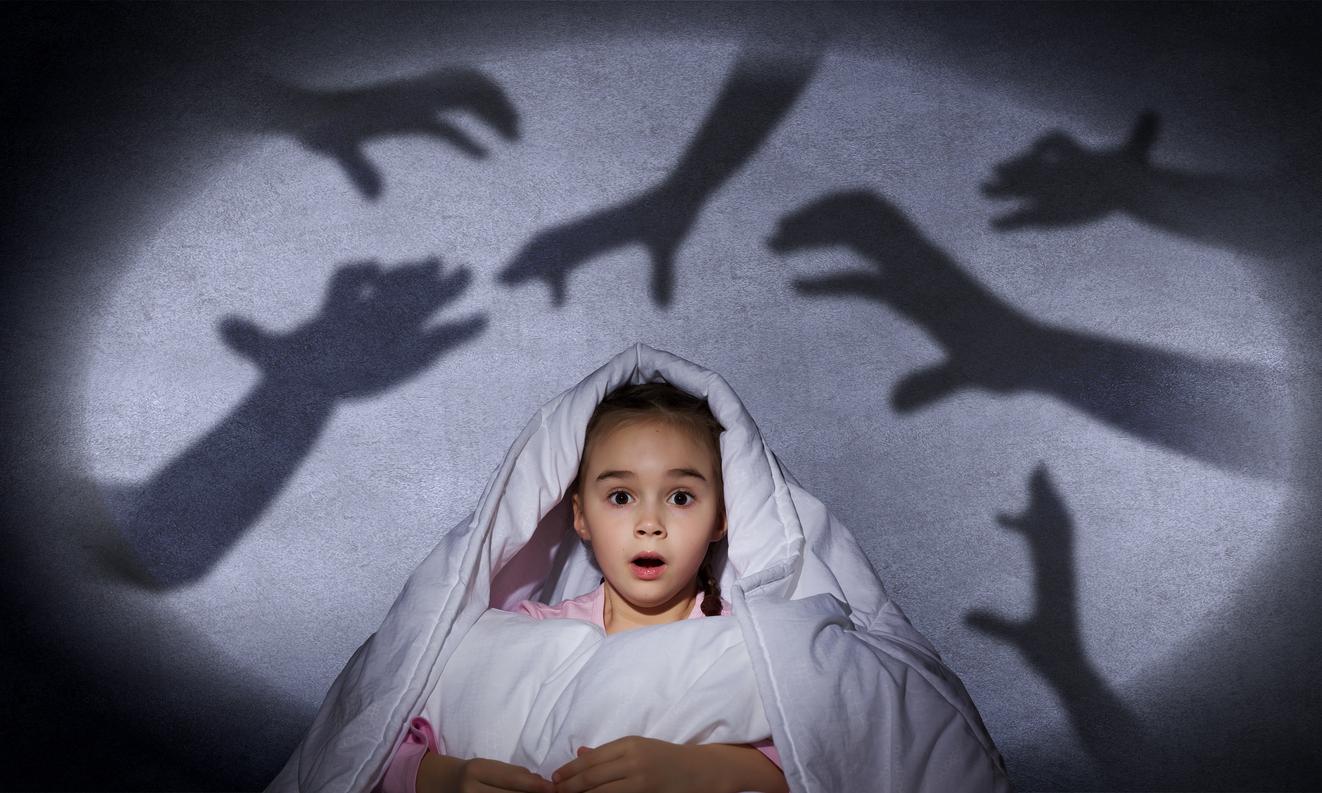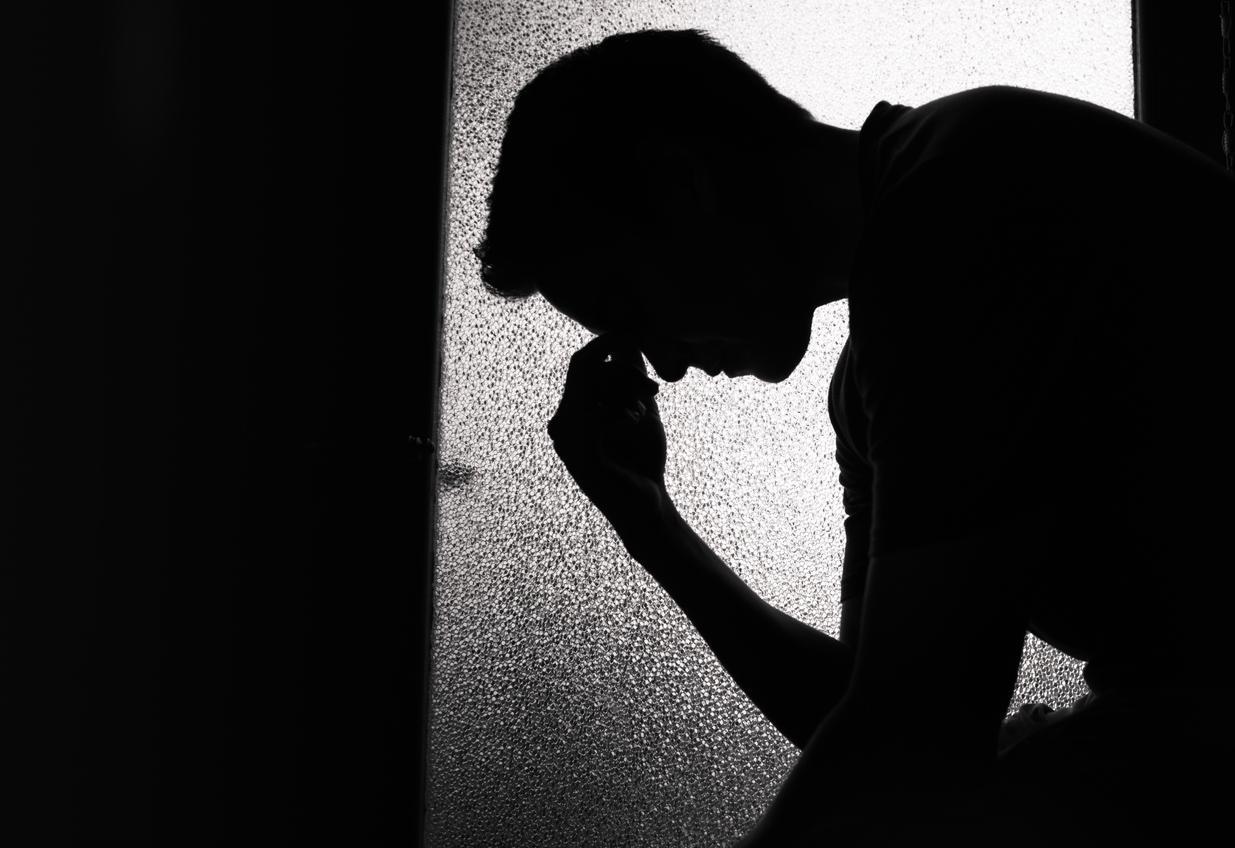The mental health of Americans is deteriorating. A study published in the journal Psychiatric Services combined federal government statistics from 2006 to 2014. It concludes that the number of Americans who suffer from psychological distress or disorders (sadness, agitation, irritability) is increasing from 3% to 3.4% of the population, or 8.3 million people.
Figures that could explain the upward trend also in the number of suicides, amounting to 43,000 per year. Lead author Judith Weissman estimates that “millions of Americans have a level of emotional distress that reduces their quality of life and shortens their lifespan.”
Lack of insurance
Even more worrying, access to psychiatric care is declining. There are several reasons for this: not enough professionals, health costs not covered by health insurance, or the effects of the 2008 economic crisis. Let us add to this that many Americans have no health coverage (9.5% in people suffering from psychological distress) to consult a psychologist or psychiatrist. Nearly 10% of Americans also cannot afford necessary medications in 2014, up from 8.7% in 2006.
Despite the “Mental Health Parity and Addiction Equity Act” in 2008 and the “Obamacare” reform in 2010, the American system leaves many people without access to care. The situation should not improve with Donald Trump’s plan to repeal this health insurance intended for the most precarious.
Read also
Psychological factors may influence longevity
A sense of humor, a sign of good mental health?
Machos have more mental health issues

















